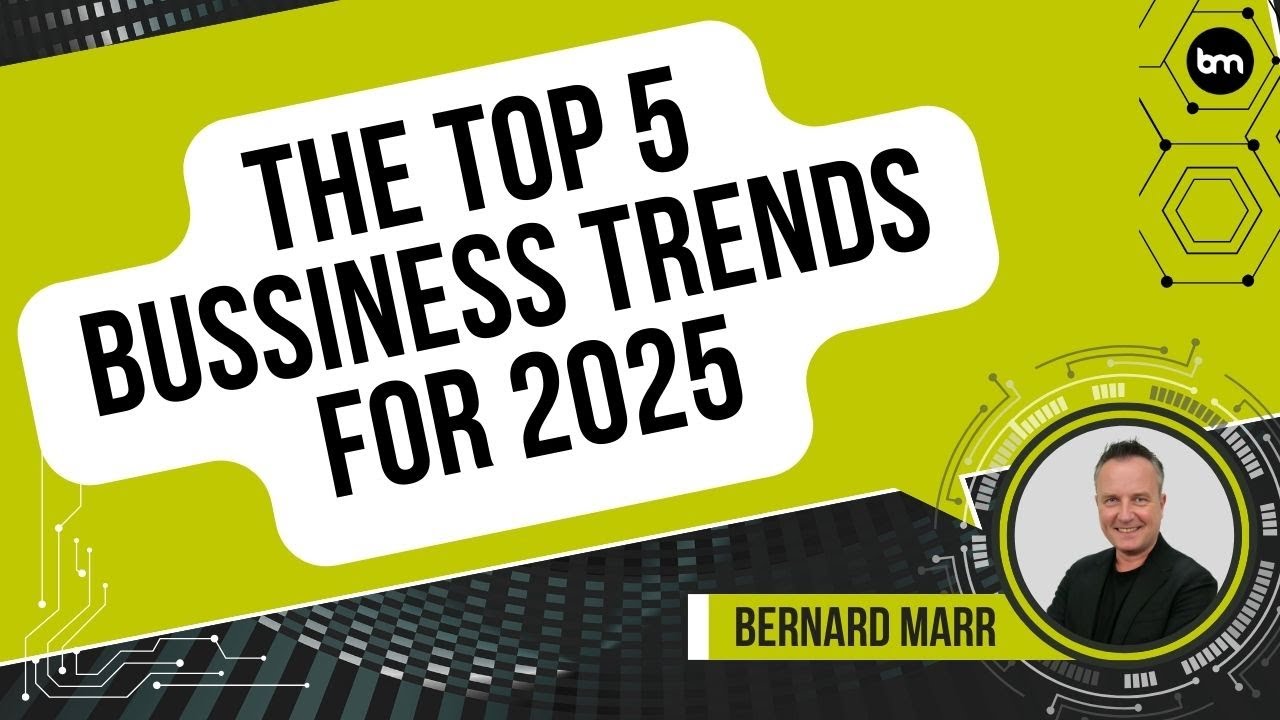
The Future of AI: 10 Bold Predictions for 2025
As we look towards the next pivotal year in artificial intelligence, industry experts are making bold predictions about the future landscape of AI technologies. Here are ten insights that could shape the trajectory of AI in 2025.
1. Meta Will Begin Charging for Use of Its Llama Models
Meta has established itself as a frontrunner in the open-weight AI space. Unlike OpenAI and Google, who have maintained availability through closed-source models, Meta has traditionally offered its Llama models for free. However, in a strategic shift, we can expect these models to come with a price tag in the near future. Charging for Llama might alter the competitive balance in the AI field, compelling organizations to reevaluate their options.
 The shifting landscape of Meta AI services may redefine market dynamics.
The shifting landscape of Meta AI services may redefine market dynamics.
2. Discovering New Scaling Laws Beyond Text
The concept of scaling laws has been predominantly discussed in the context of text processing. However, fresh insights may reveal substantial advancements in robotics and biology stemming from these principles. As researchers delve deeper into these unknown territories, we could witness significant breakthroughs that enhance AI’s capabilities beyond conventional domains.
3. High-Stakes Drama: Trump and Musk’s Fallout
The political arena in the United States may influence AI significantly in 2025. A potential rift between Donald Trump and Elon Musk could lead to drastic changes in policies affecting AI deployment. As these two figures maneuver their respective interests, the ramifications will likely ripple through the tech industry, impacting companies like OpenAI and others.
4. The Rise of Web Agents
Imagine a digital world where web agents operate in the background, handling online tasks on your behalf without any manual input. By 2025, this scenario is likely to take shape as advanced AI assistants gain traction in mainstream applications. These agents will revolutionize the user experience, allowing individuals to focus on higher-level cognitive tasks.
 AI-powered web agents may become essential digital companions.
AI-powered web agents may become essential digital companions.
5. The Future is in Space: AI Data Centers in Orbit
As power demands for AI systems continue to skyrocket, the unconventional idea of housing data centers in outer space is gaining traction. The limitless energy potential available in space could provide a sustainable solution to the energy crisis faced by current AI data centers. Concepts surrounding these extraterrestrial data hubs may soon shift from theory to practice.
6. Achieving the Turing Test for Conversational AI
While AI has made leaps in processing written content, the next frontier is achieving human-like interaction through speech. By 2025, we can expect an AI system to convincingly pass the Turing test when it comes to verbal communication, an accomplishment that would revolutionize human-computer interaction.
7. Biologically-Inspired AI: Recursively Improving Systems
The dream of creating AI that can autonomously innovate continues to gain momentum. Researchers are making strides in developing AI systems capable of self improvement, thus creating a feedback loop of enhanced capabilities. This recursive growth could bring about a new era of AI, where machines not only enhance their functionalities but also redefine what it means to be intelligent.
 The future of self-improving AI systems lies in innovative research.
The future of self-improving AI systems lies in innovative research.
8. AI Labs Moving Up the Stack
Major AI labs, including OpenAI, are likely to shift their focus from purely research-oriented tasks to developing and launching their own applications. As the market becomes commoditized, this pivot will enable these organizations to maintain competitive differentiation and meet the growing demand for AI tools from various sectors.
9. The Rise of Robotaxis
In urban environments, autonomous vehicle services are anticipated to claim a significant share of the ride-hailing market by 2025. Cities will begin seeing robotaxis become a common sight, allowing commuters to opt for efficient and convenient transport solutions. This transition represents a landmark shift in the transportation industry, fueled by advancements in AI and machine learning.
10. A Wake-Up Call: The First AI Safety Incident
With the increasing integration of AI technologies into everyday life, fears around AI safety are also rising. 2025 may witness the first serious AI safety incident that captures public attention, forcing regulators and developers alike to address the inherent risks associated with these powerful technologies. Such an event could catalyze a new wave of discussions about ethical AI use and robust safety protocols.
In conclusion, the upcoming year promises to be transformative for the AI landscape. As companies and governments navigate these predictions, the fabric of society may shift dramatically, urging a collective reevaluation of the role AI plays in our lives and how we engage with these increasingly powerful systems.
While these predictions paint a cautiously optimistic picture of what lies ahead, maintaining vigilance against potential risks and ethical concerns will be paramount as we embrace the future of AI.















